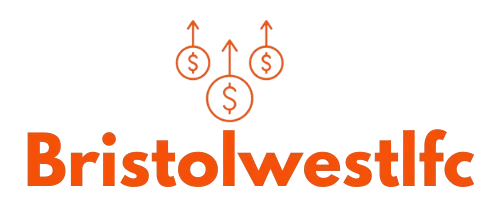Financing is the language that speaks to both buyers and sellers. For buyers, identifying suitable financing options—whether SBA loans, bank financing, seller financing, or personal funds—is essential to determine affordability and growth capacity. Each option has implications for ownership control, repayment expectations, and risk tolerance. Sellers, in turn, benefit from offering creative financing options to widen the buyer pool and potentially secure a better overall deal.
A buyer exploring Small Business Administration‑backed bizop loans must ensure the business meets eligibility criteria: stability, adequate cash flow, and a clean financial history. SBA loans often require seller cooperation in providing guarantees. Seller financing—where the seller holds a promissory note—can be appealing to both parties; sellers often receive higher overall pricing, while buyers enjoy flexible terms.
Sellers should also understand the effect of financing structure on deal attractiveness. Cash deals may close rapidly but might not generate the best price. Conversely, earn‑outs or phased payments can align incentives, qualify for better valuation, and deliver long-term seller involvement. Framing financing in mutually beneficial terms makes the deal less risky and more appealing.
Ultimately, financing is more than funding—it’s a strategic component of transaction design. Buyers with financing clarity gain negotiating power. Sellers who offer informed financing options can position their business as a lower-risk investment. When both parties approach financing with strategic sophistication, buying or selling a small business becomes less about money and more about opportunity alignment.

